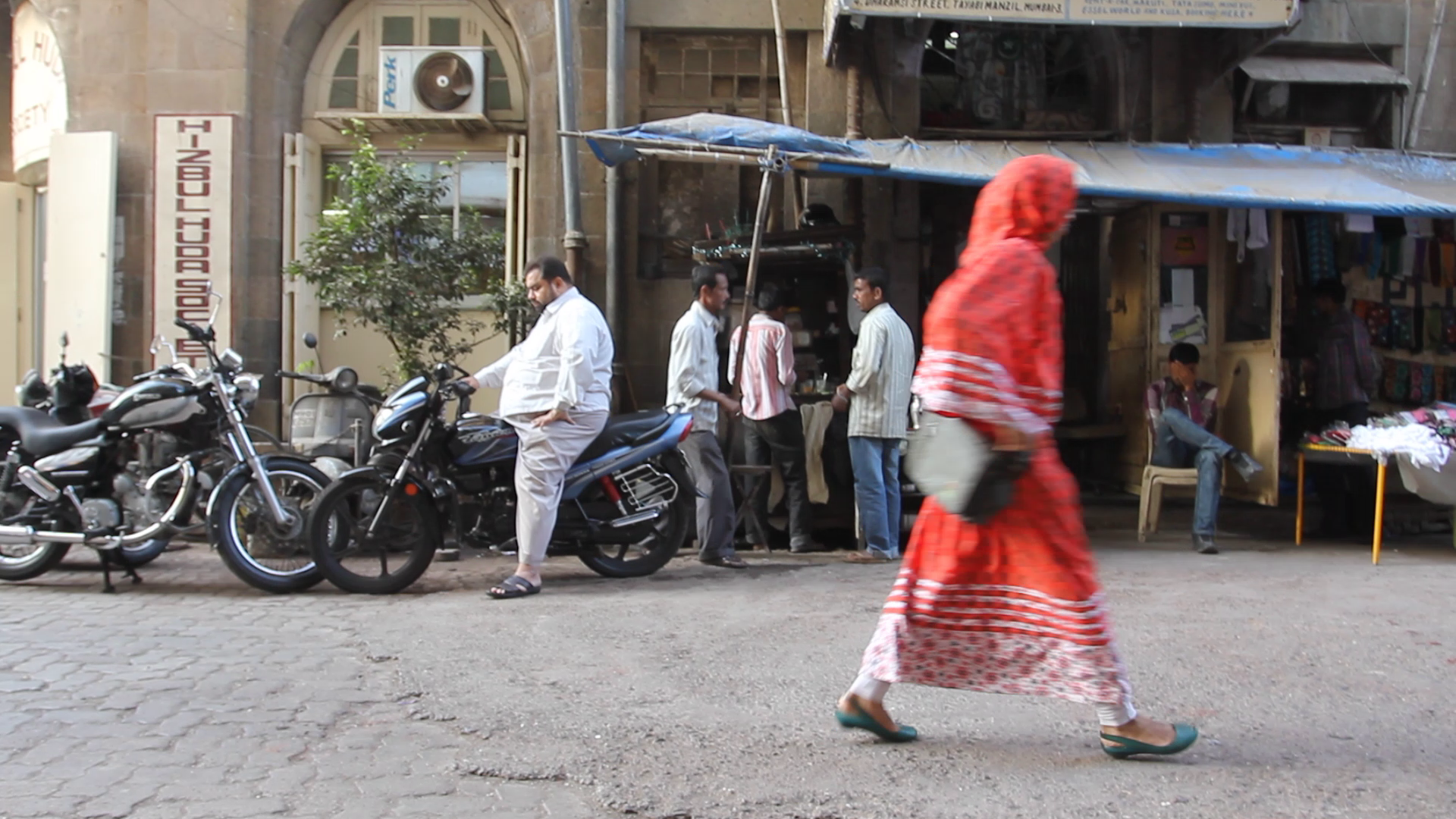Age: 34
Country: USA
I was six years old when my mom explained to me that I had to undergo the procedure of khatna – that a small surgery would happen on my private parts. I simply understood that it was one of the many rituals that I, as a Muslim girl, would experience. So one night when my parents and I were at the markaz for an event, my mom took me with her to the back room storage area where a young woman introduced herself as a doctor. The cutting happened so quickly – I do not remember any pain. I do not remember being afraid. I was given a maxi pad to wear which felt awkward. And was then asked to go into the men’s section to tell my dad we were ready to go home.
While physically, I was not severely damaged, emotionally the experience of khatna has held a sobering cloud over my understanding of sexual health. The practice of khatna reinforced the idea that a woman’s sexuality is to be protected and hidden and not talked about. This is compounded by the policing of menstruating women – that we cannot touch the Qur’an or enter the Masjid while on our period. This all serves to define female genitalia as dirty things to be cut, cleaned or controlled.
It took me years to unlearn this internalised oppression and find a way to practice Islam in a way that allows me to feel empowered by my sexuality instead of ashamed of it. I am also grateful that my parents are part of this journey with me and are speaking out against the practice of khatna. I know my mom especially regrets that she caved to the pressure from her parents and allowed khatna to be performed on me. I wish I could take that burden of guilt away from her. I can only hope that as she sees me in a healthy relationship with my husband now, she knows that I am OK and that we can work together to ensure the practice of genital cutting ends with my generation.

